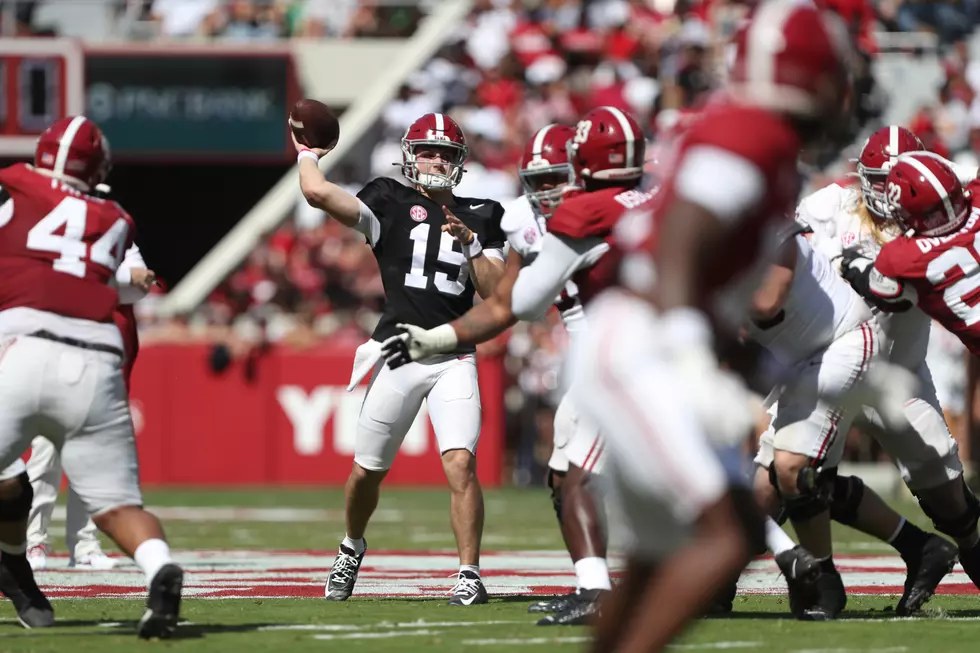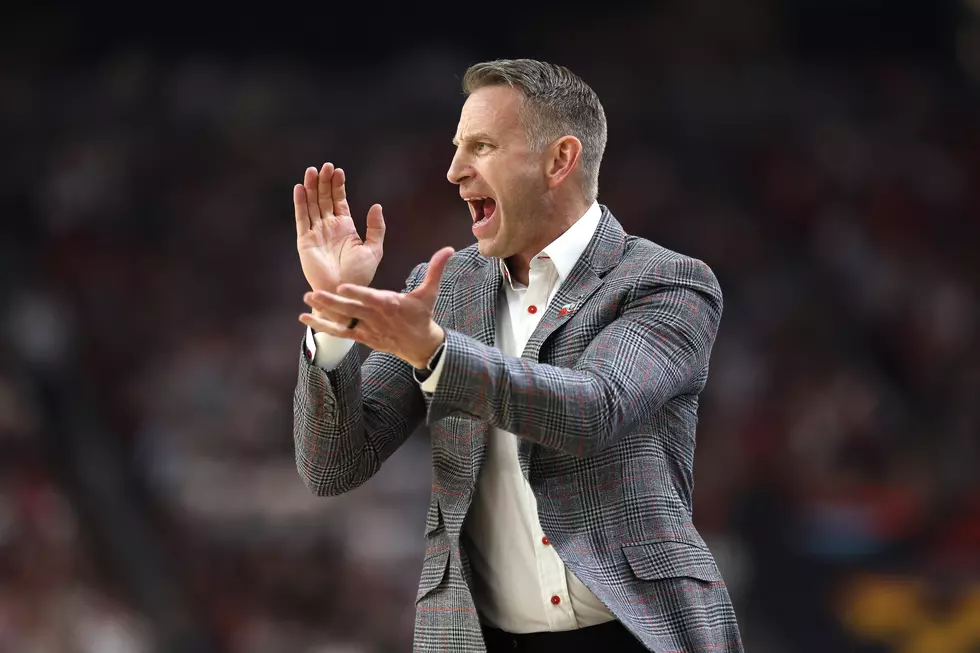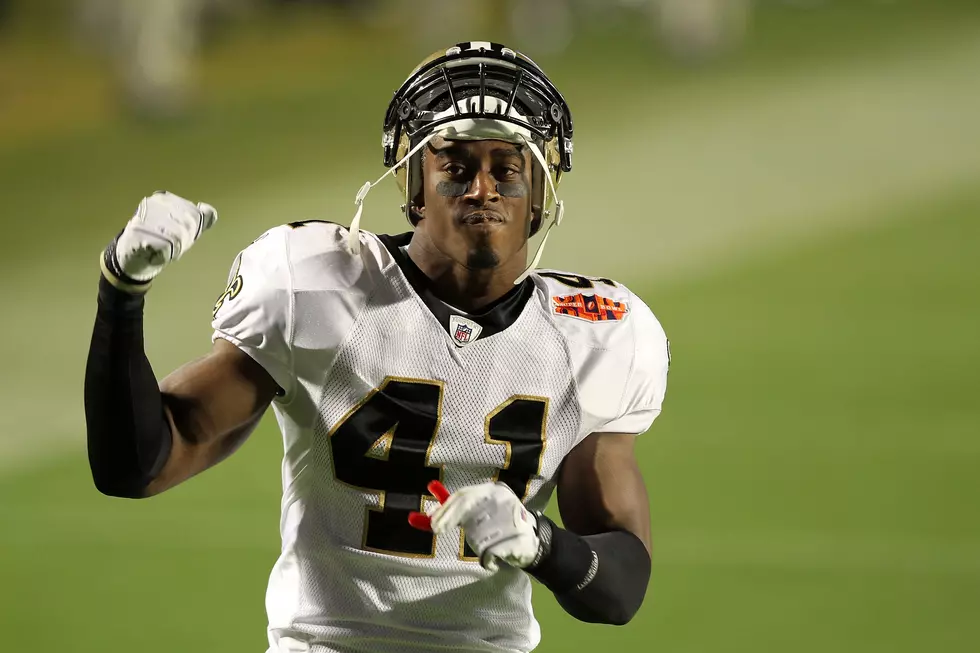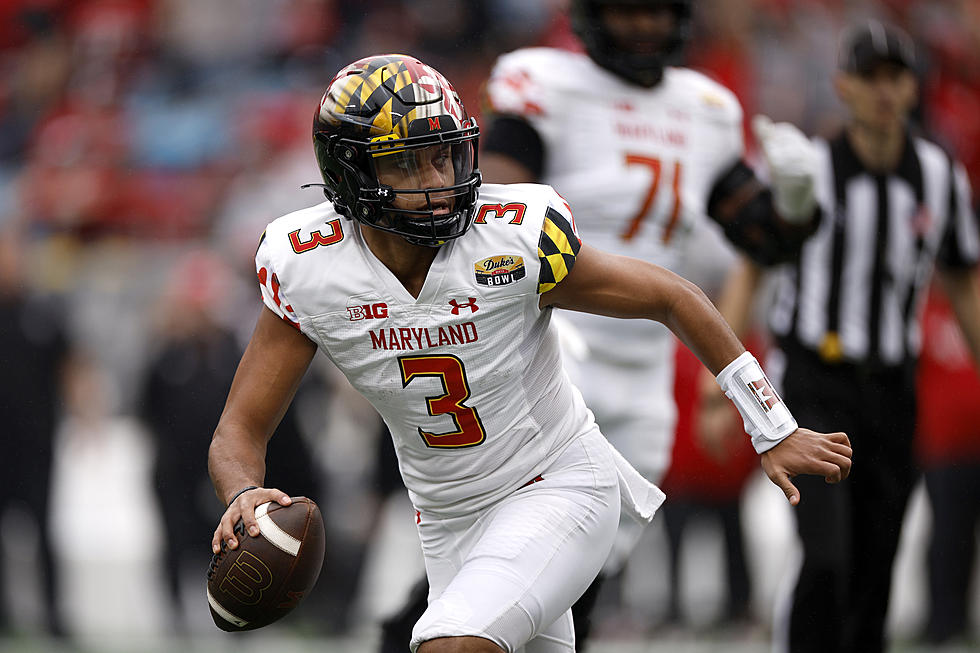
Is NIL Destroying College Sports?
Over a year ago, the NCAA finally began to allow college athletes to profit off of their fame through NIL (name, image, likeness) deals. Ever since then, it has been a big controversy among college football fans on whether or not it is ruining college football. Let's weigh out some pros and cons.
The Pros of NIL
First and foremost, with student-athletes being away from home all of the time, they aren't able to see their families. While this is a major downfall, these athletes are able to support their families from a distance with their NIL money. According to ProCon.org, the National College Players Association (NCPA) Executive Director Ramogi Huma explained that "many of these athletes are black and from low-income homes - the NCAA treats them like disposable university property."
Going off of that, scholarships sometimes cannot cover a students cost of living. Yes, it can cover tuition and other school necessities (like a ridiculously high $400 parking pass at Alabama). However, athletes still need somewhere to live, groceries, and other living expenses. About 24% of D1 athletes reported food poverty and almost 14% reported experiencing homelessness, according to GlobalSportMatters.com. NIL deals allow these athletes to not have to find time to work other jobs in order to pay for their lively necessities. An added bonus to this is that it can help athletes with financial literacy, which is a huge plus.
Early on, it was said that NIL would be unfair to female athletes. However, women have thrived with the help of NIL deals through not just money, but also to create a bigger platform to advance gender equity in sports. It has empowered female athletes to make a difference and has inspired younger girls. For example, Montana Fouts has had numerous NIL deals. More recently, she has partnered with Boombah Inc., which is a sportswear store.
Lastly, student athletes are opting to stay in school longer. Prior to NIL, an athlete had to choose to stay in school without earning money or leave school to earn money. Obviously, more players would opt to leave school to earn money. Now players have the option to continue their education while still getting a check. Not to mention, the school benefits a ton by having athletes stay longer.
The Cons of NIL
First of all, let's get the obvious one out of the way. Some people can argue that NIL has made athletes lazy or less hungry for the game, specifically the Alabama football team.
While this might not be the case for some, it could be the case for others. Athletes seem to not be playing their hardest any longer because they are still getting these deals regardless, based on perceived talent. This can continue to be a huge issue in college sports, especially football.
Another negative could be time-management. Student-athletes are constantly busy with classes, study time, practices, games, and wanting to have time for their friends and family. If they don't manage their time well, along with piling on more work, this could affect them academically, physically, or mentally.
NIL deals could also put a lot of pressure on the connection of a team. Bryce Young is nearly a millionaire at only 20 years old. However, someone who has been on the team longer or puts in more effort may not be receiving as much. At the same time, it can all come down to the position they play, obviously.
Regardless of whether or not people think NIL effects college sports, it is here to stay. The pros of NIL massively outweigh the cons. The only negative that truly stands out is that it could make players less hungry for the game and more hungry for their check, but that's not every athlete. This is something we should keep in mind.
Happy Birthday to Coach Nick Saban
Fayetteville vs. Holy Spirit
More From Tide 100.9









